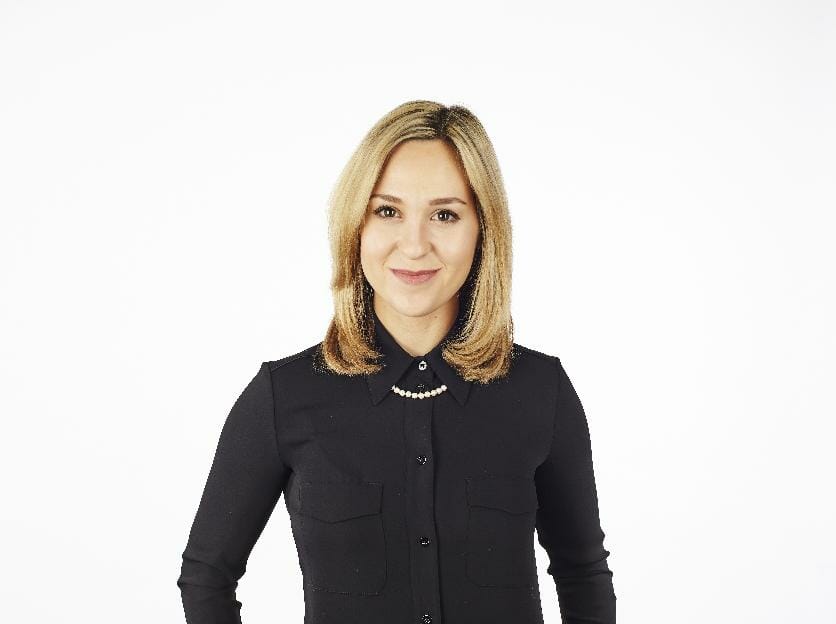Cannabis investing is on the up. You only have to look at the jaw-dropping ride of Tilray, the pharmaceutical cannabis producer, on the Nasdaq stock exchange last year to know the sector is hot. Tilray is, of course, a listed company, so makes for quite a different investing experience to the private markets we typically cover here at AFN — The Motley Fool offers some good tips for investing in pot stocks here and here. Cannabis companies have often had to resort to the public investment markets to raise funding, typically “reverse listing” into shell companies as the institutional investors that largely back IPOs were often prohibited from investing in the still federally illegal space. But the private investment markets are increasingly tuning into the industry, and many have been at it for years, bolstered by a relaxing regulatory environment and the 2018 Farm Bill that declassified hemp as a controlled substance at the federal level.
So while it might still seem like the Wild Wild West of the investment space because its psychoactive component remains illegal at the federal level, conjuring images of that hippy neighbor who grew bud and sold laced gummy bears from their shady garage, there’s are some serious minds — and serious funds — dedicated to this space.
Mary Dimou of Canopy Rivers is one such great mind. A biochemist who has a decade of agriculture industry experience including time at one of the first-ever agritech startup investors Bioenterprise Corporation out of Ontario, Canada, Dimou is also an entrepreneur having built a software platform to help technologists navigate the regulatory landscape of biotech. She joined Canopy Rivers around a year ago and now directs the investment team. Canopy Rivers is a venture capital firm that was launched by the cannabis behemoth Canopy Growth. It operates completely independently, however, as Dimou tells us below, and its thesis and structure is a reflection of how the cannabis investing space is developing. Read on for some exclusive insights into how Canopy Rivers invests in the sector, the mega dealflow they get, and Dimou’s experiences as a woman in cannabis investing.
How would you describe the investment process at Canopy Rivers?
We’re a little bit unconventional in our strategy and also by being a listed fund too. Our largest LP is Canopy Growth, although we’re not a corporate venture arm. The fund started at $300 million and our check size can vary as we’re stage-agnostic; we invest all the way from around $1 million to over $20 million. And because of that our target can end up being quite different to straight equity with ownership structures up to 49% which is nearly a joint venture structure you might see in private equity.
We try to select companies that have best-in-breed profiles as we tend to select one investment in each subcategory of the space. As we’re life cycle investors, we end up supporting our portfolio companies through multiple phases of growth, including capital as well as in-kind contributions. We have an internal impact team that works with our companies almost like entrepreneurs-in-residence to help them scale.
Why have you built the fund strategy like this?
Today in cannabis there haven’t been a lot of extremely large investors in the sector and we specifically are focused on smart investing and we pride ourselves being technical experts in the space. There are also a variety of sectors where the technologies are completely translatable; I’m an agritech expert whereas some others on the team are from core tech backgrounds as well as ag production. Most of us were entrepreneurs previously so that’s why we maintain an entrepreneur-first strategy.
We were founded by Canopy Growth, which was obviously doing majority investments but Bruce Linton, the former CEO and founder, felt there could be an opportunity for minority investing too, so that’s how Canopy Rivers started and then spun out instead of keeping as a CVC so we had more flexibility developing our own investment thesis.
We love to engage in syndicate investing and given our check sizes and how we’re likely to participate early and through the lifecycle, we typically end up falling into the lead position. But also because most of our investments are highly strategic in the way we’re trying to create a portfolio effect. A number of the companies in our portfolio have partnerships with each other that drive into the bottom line of our thesis.
Do you think it’s necessary to be more involved as an investor in cannabis as a new investment industry?
The entrepreneurs we’ve brought in really have proven track records in other sectors so I wouldn’t say our support is garnered because we think anything negative of their success – we really believe they have the ability to succeed – I think what’s really challenging about the sector and where we provide lots of support is navigating the regulatory climate, which changes so frequently. When companies need assistance, it always helps to have a group like ourselves where we’re really observing from the 100-foot level where the entire industry is moving, instead of their vertical alone. That helps us prove them with those types of valuable insights, and even help them identify new opportunities in new markets that might not have been a priority from the start. It also helps that our team have been operators in the past so truly understand the variety of challenges that can come up when chasing funds, entering new markets and acquiring new customers.
What’s your background?
I’m a biochemist by training and studied primarily in the agriculture segment and was actually on my way to doing a PhD when I met a VC group called Bioenterprise and told them about my PhD tech idea. Flashforward and I worked them as a senior analyst of their fund and developed the technology which is a due diligence tool; regtech meets edutech – which helps entrepreneurs in the agrifood industry navigate the regulatory system and tell them how long the regulatory cycle might be for a new company and how much it might cost. In that role, I worked heavily across ag and animal health. After that, I joined the Ontario Ministry of Food and Rural Affairs as an investment advisor identifying unique foreign investment opportunities and managing one of their seed funds, which makes 30 investments a year across sectors.
A year ago I joined Canopy Rivers at a time when cannabis investing was taking a new direction. Phase one was cultivation and identifying the core cultivators, now it’s shifted into the ancillary tech, CPG, and the driving factor is now IP.
How does deal flow compare to agritech broadly?
It’s probably the most intense deal flow I’ve seen; I recently heard a stat that there are seven to eight new cannabis companies created every day in North America alone and I’m not surprised; in the short time our fund’s been operational, we’ve seen over 1,500 companies. The quality is more varied than agritech and because the industry is so young, there’s still so many foundational events still to come, but the quality of the entrepreneurs is becoming more and more sophisticated every day. We’re also seeing a surge in university spinouts as more institutions are able to touch the crop and a surge in translational tech that can be applied to this new market so it’s really exciting.
What’s it like being a woman in cannabis investing?
It’s slowly getting better than when I started VC 10 years ago; I see more female faces now, although there’s still more room for improvement on the founder and investor side. The Canadian Venture Capital Association analyzed the situation and the number of females declined the higher you went in careers. I try to get involved as much as I can in the ecosystem of women in VC events and do a lot of coaching and mentoring myself. We notice that there are many opportunities for women and I love seeing female investors as it adds a different perspective at the deal table that’s needed.
Among cannabis founders, it’s probably the same as traditional agritech. One of the benefits we have is that there’s a lot of females coming out of CPG and also beauty where there’s typically always been more women. It’s interesting to look at trends around gender in cannabis consumption too and how that will influence marketing. A survey showed women were more interested in trying edibles than vapes or smoking flowers, for example.





